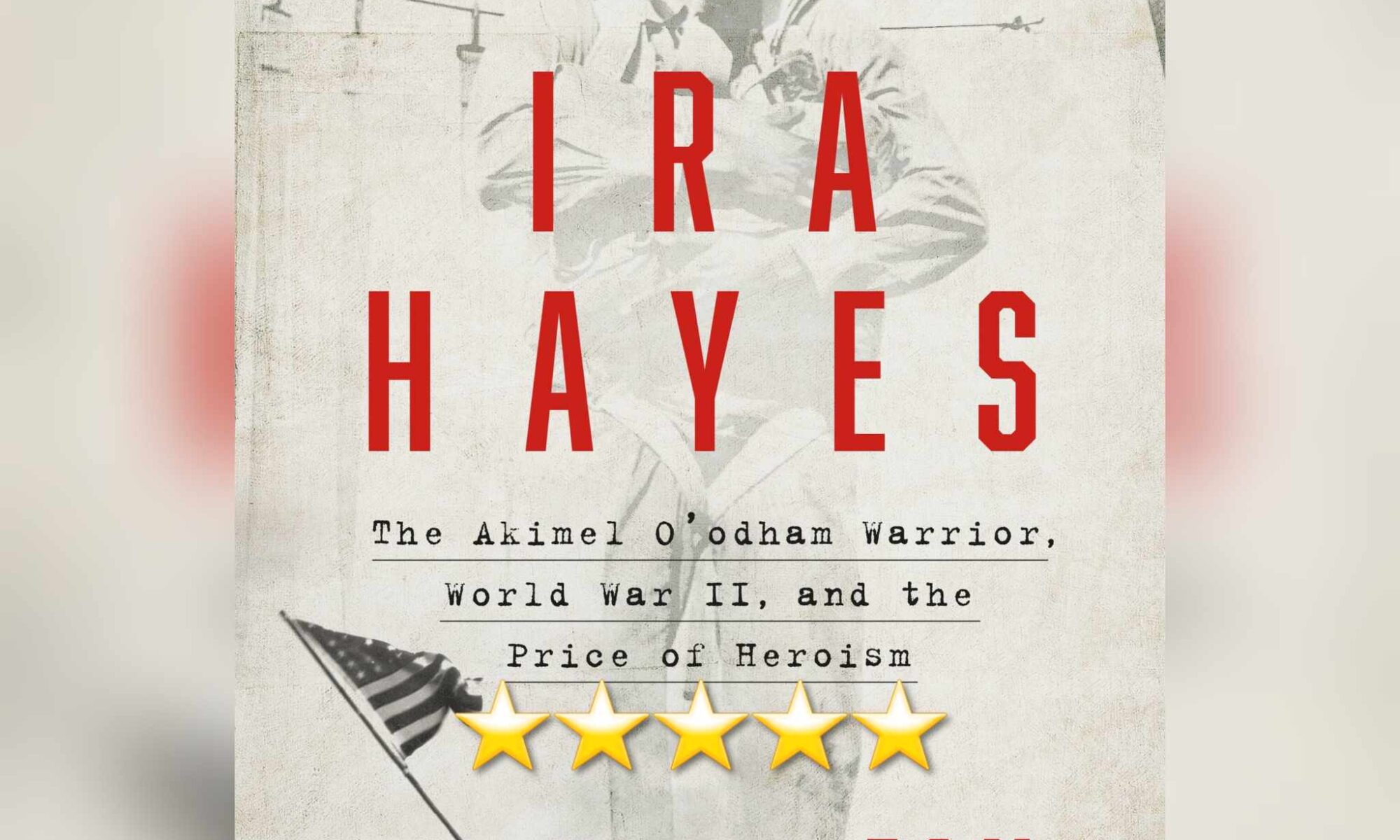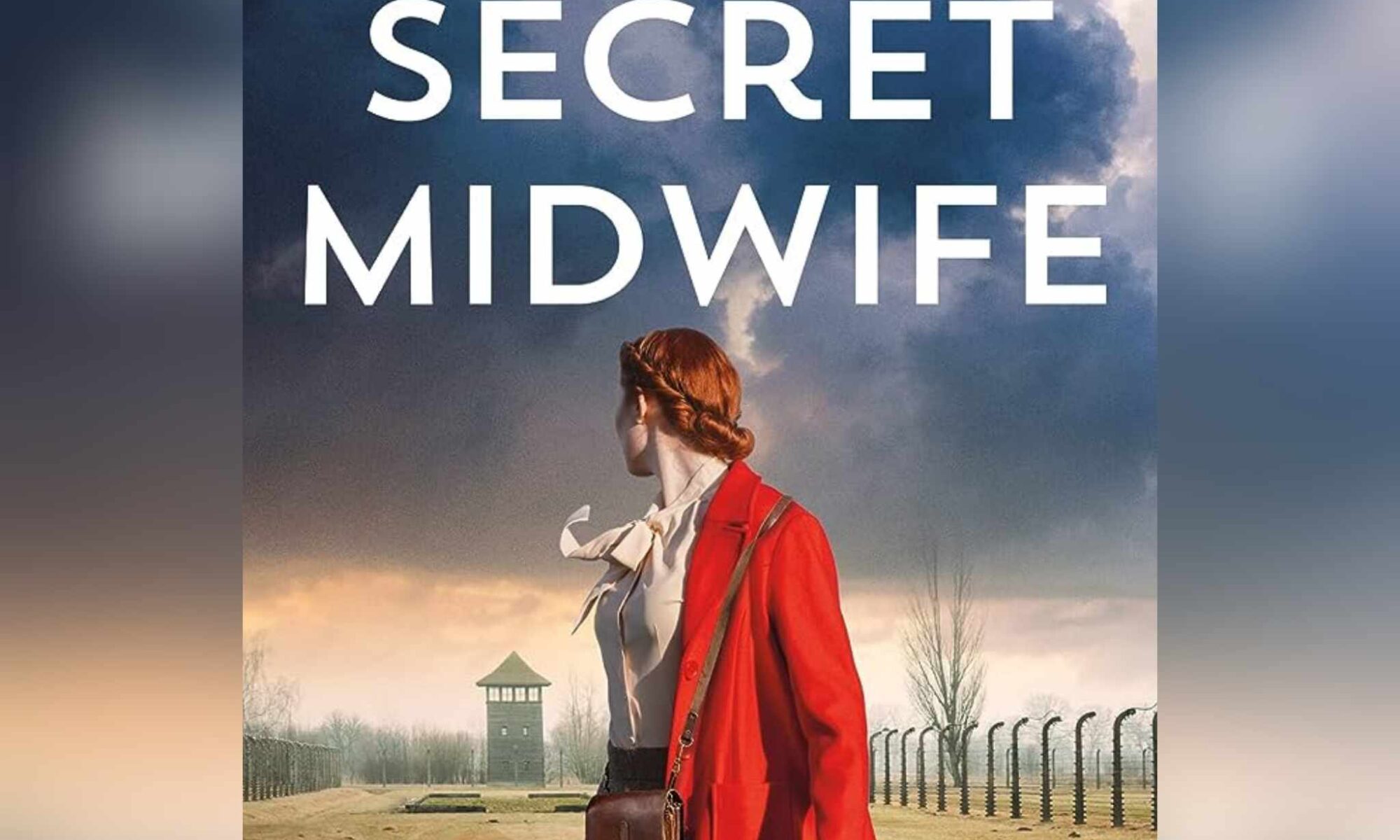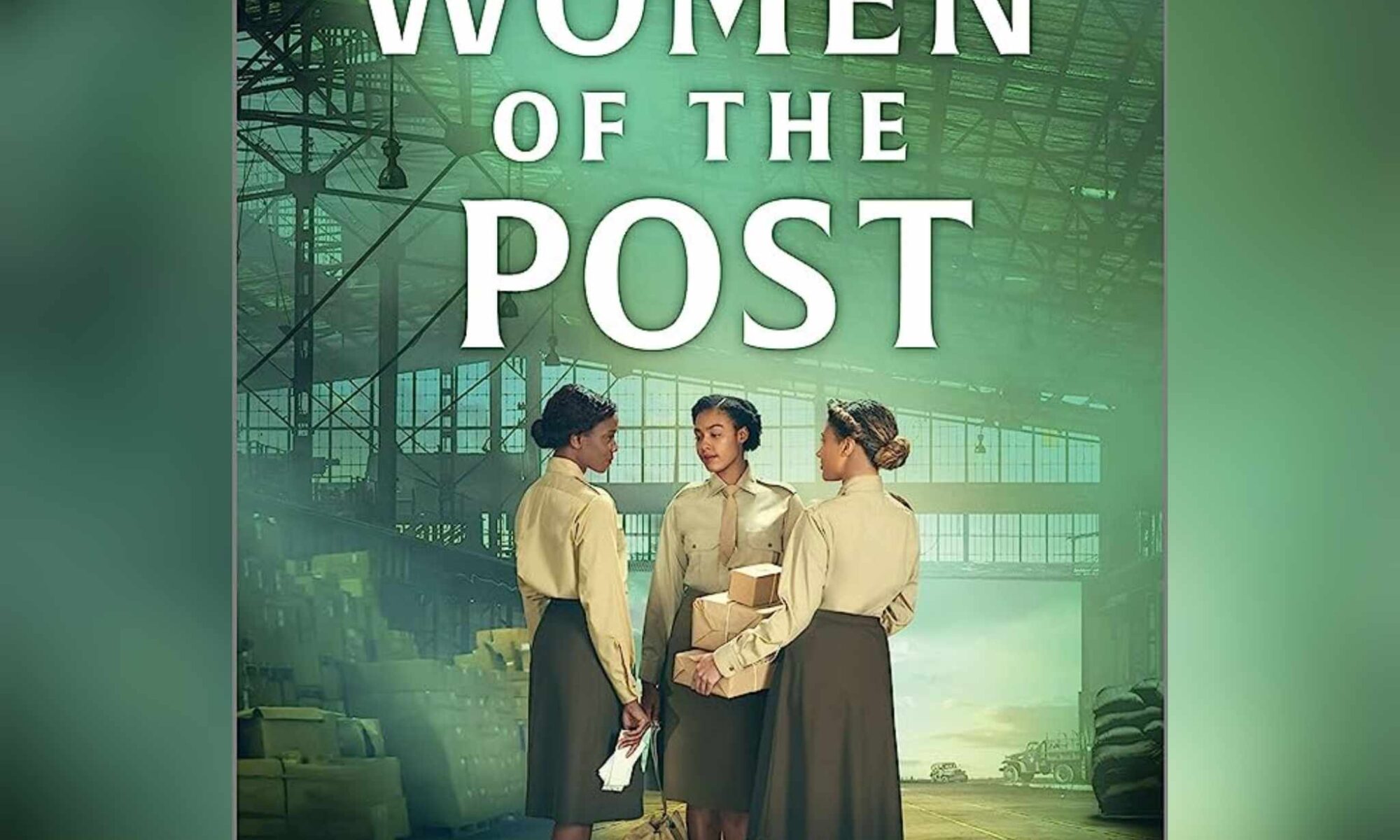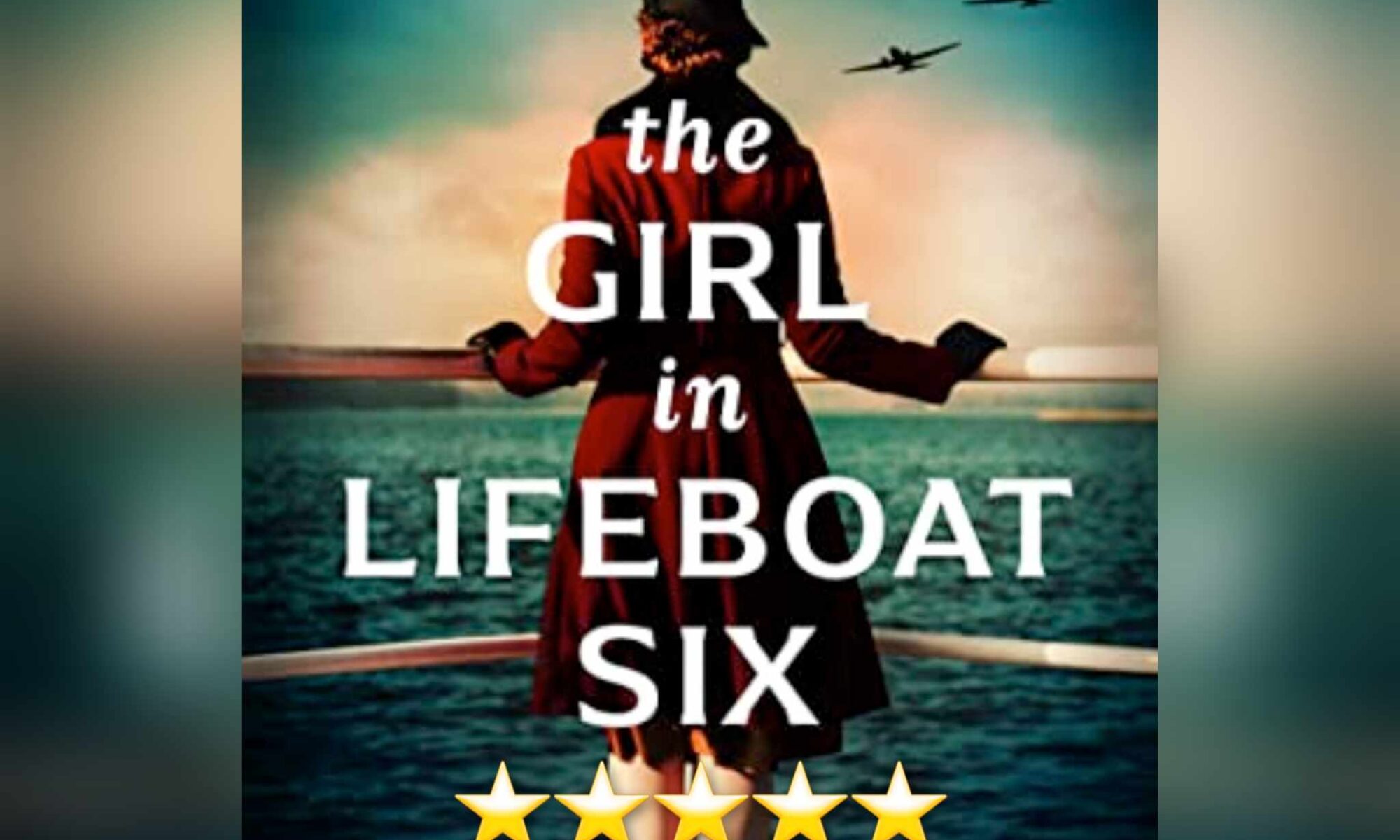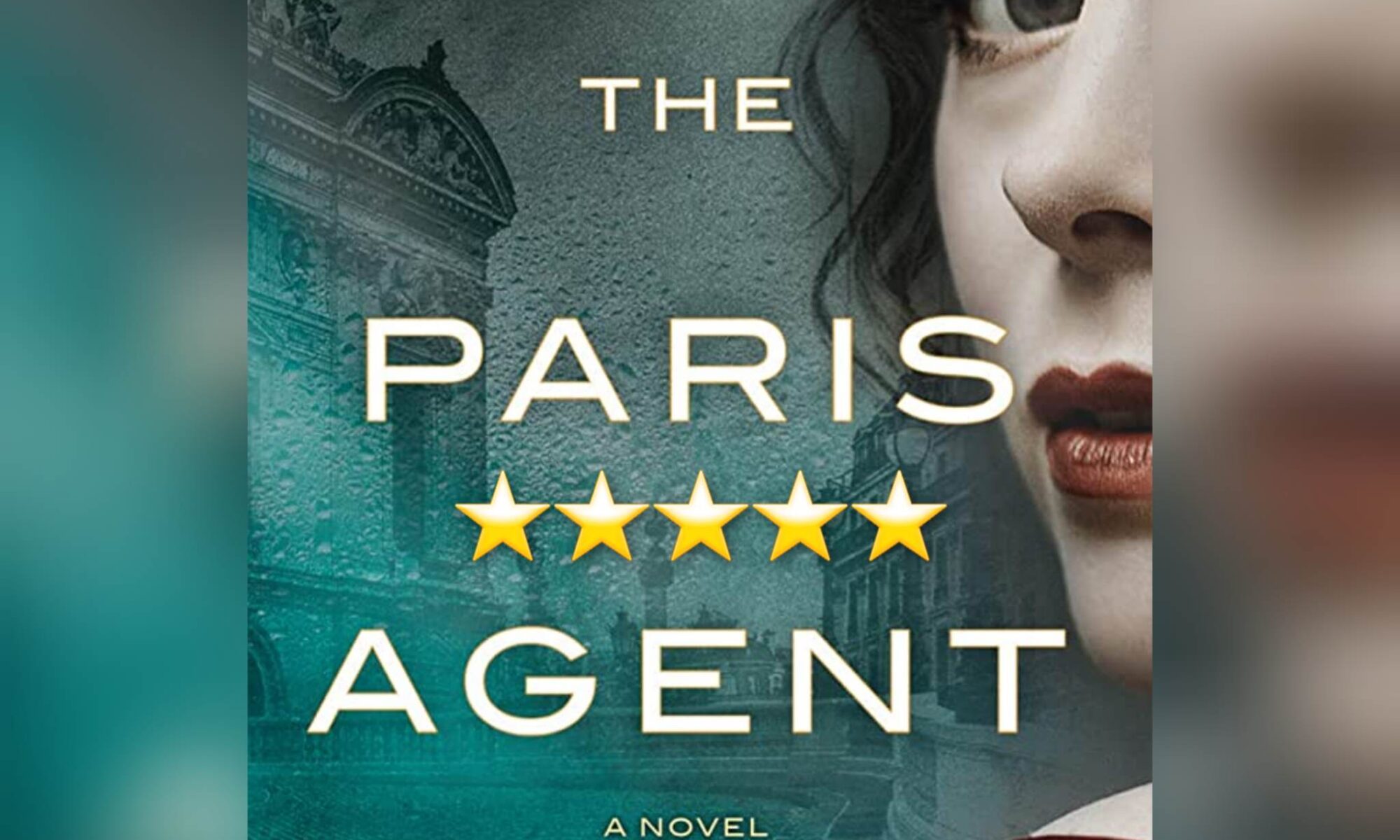Complicated Story. This tale is one of those stories where the front half and back half are wildly divergent, and thus one’s feelings of the overall tale may become more complex and nuanced – even as this book gets ever more preachy towards the end, even though it too started out more nuanced.
The front half of the book, spending roughly 30% of the front of the book establishing the various characters and their relationships, as well as the esteemed luxury liner they all find themselves on in the early periods of WWII – before December 1941. The next 20% or so is then spent in disaster/ survival mode, showing what happens with these characters as the worst happens and they are now in a desperate fight for survival. Indeed, this section even feels very reminiscent of the tales of the Titanic survivors, though I suppose those are only the most famous of the unknowable number of people over the course of human history to survive a ship sinking in the northern Atlantic ocean. Through these two sections in particular, we get a very good degree of nuance and showing, as The Imitation Game said it best “sometimes it is those no one imagines anything of that do the things that no one can imagine”.
The back half of the tale begins to focus more and more on the aftermath of the sinking – and of British efforts to get America involved. This is where, as an American who has studied the relevant histories in some depth and who had direct family involvement in the era… the tale gets a LOT more complicated, personally. The writing is still great, and the tale itself flows very well. But my own thoughts and reactions to the tale became much more complicated.
At the time of the setting of this tale, one of my grandfathers had already enlisted in the US Army, knowing a war was on the horizon. It would be two more years, as the US military built up to the event now known as D-Day, before my other grandfather would come into the Army. While I never knew this second grandfather – he died weeks after my birth – I learned quite well his legacy in my own life, from the stories of my grandmother (his ex-wife) and my dad (who has made his point in life to largely do the opposite of what his own father did). The first grandfather, I shared the last 20 years of his life with the first 20 years of mine, and knew him as little more than a somewhat stereotypical southern US farmer grandfather. By the time I came around – and apparently even when my mom was growing up – he *NEVER* spoke of his time in WWII. I learned much when I got both of their service records about a decade ago now, and this is where my more complicated feelings about this book come to bear.
The first grandfather clearly believed similarly to our characters here in the back half of the tale, that Hitler *must* be stopped and America *must* join the fight. no matter the reason or cost. (Thinking of this now, it sounds eerily similar to statements some make about another ongoing European war in 2023…) Both of my grandfathers were at the Battle of the Bulge, and this first grandfather got a Silver Star and a Purple Heart because when he was ordered to clear a building on a particular corner in a tiny hamlet of a town, the Germans in that building came out in body bags, and he came out with an injury severe enough to send him to the field hospital. That was 38 years to the day before my birth, when his oldest son was something like 18 months old and my mother – his next to youngest child – was far off. He would die 58 years and a few weeks after that day, apparently the most decorated WWII veteran in his home County at the time of his death.
But that other grandfather. He was at the Bulge, but he was AAA infantry – and at that point, AAA infantry was being used for little more than cannon fodder for German tanks, sometimes literally being told to make do with broomsticks painted black to look like rifles. He was in the Division that liberated the first concentration camps on the American side of the war, though I have no record of where he individually was at that time. From hearing the second and third hand stories over the years, these experiences changed him – and little for the better. Nothing excuses what he became… but it was these very experiences, this very change that he had resisted for so long… what would have changed in *my own life* had that grandfather never been there, had the US never been in the war at all?
So getting back to the book, when the back half here is spent trying to manipulate the press into manipulating America into a war, when it is a tale of working to manipulate the press to make certain domestically popular positions as unpopular as they are in other nations – particularly nations America spent literally two *other* wars breaking away from… it becomes a much more complicated tale, both in the setting at the time and in the current environment where press manipulation is all too rampant – and equally, inaccurate cries of press manipulation (itself a press manipulation) are also all too rampant. Reading it with my own history of the war then and my own thoughts on the war now, the tale becomes much more complicated in this back half.
And yet, in the end, it really is a great tale, solidly told, and sometimes… sometimes we need those complicated stories that roil our hearts, without destroying them. Sometimes we need those complicated stories that make us think, both of our histories and of our current realities. Sometimes we need a tale that while escapism on its face, isn’t quite the escapism we were expecting and instead confronts us with these Big Complicated Ideas.
If you’re looking for a more “pure escapism” “Summer Read”… maybe this isn’t that. And maybe you should read it anyway.
Very much recommended.
This review of The Girl In Lifeboat Six by Eliza Graham was originally written on July 5, 2023.

